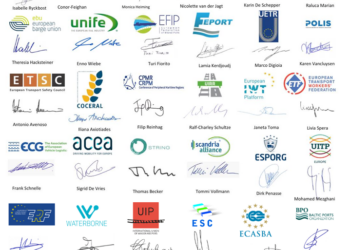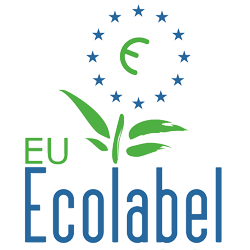22 March 2022 | Brussels
The current conflict in Ukraine has multiple consequences that affect us in our daily life and the way we do business. Many industries have put their business relations to Russia on hold. Embargos are in place.
At the same time, we all (citizen and industries) face drastic price increases in gas and oil supplies which so far largely depended on Russian deliveries. This combination of substantial reduction of gas and petroleum product supply and the dramatic energy prices increases generate an unprecedented situation of tension and high uncertainty for our businesses.
As the voice of the Road Industry across Europe, we see three important aspects that are at risk now and in the months or even years to come:
Investments
How can we make sure that our investments are sustainable and not in vain?
Many industries related to our road infrastructure have recently made millions of investments in modernising production facilities, equipment, and processes, to minimize as much as possible any possible impacts from CO2 taxation, to protect our environment and to reduce waste. As an industry, our members take particular care that such investments are sustainable and contribute to reducing gas consumption and consequently CO2 footprint.
These investments should be recognized and rewarded for their merit and the concern is this will be impossible if the same industries have now to meet the added challenge of producing in the EU compared to the production made in other countries which benefit from cheap natural gas supplies, no CO2 taxation, and limited environmental regulations.
In this case, some of our members’ activities are so dependent on energy supplies (e.g., the production of glass beads for road markings) that the risk of being put on hold or being forced to close is quite high, especially SMEs.
Jobs
How can we make sure that these jobs are not in danger in view of the new situation?
With more than 11 million people, the road infrastructure and transport sector is a significant employer with numerous jobs in production, marketing & sales, R&D, human resources, purchasing, logistics, health & safety, administration, services, road equipment production and contracting, and many more fields. These workers also contribute to the competitiveness of our economy, and they all pay taxes.
The impact of the current crisis on the employment in our sector could be dramatic if investments and work projects are impacted by increased costs.
Raw materials and energy scarcity, as well as high energy prices might have a significant negative impact on the price of existing and future road works contracts, with a high risk of reduction, postponement or even cancellation of necessary contracts for the maintenance, the preservation, and the adaptation of the road infrastructure.
Road safety
How can we make sure that the quality of our road equipment continues to contribute to the best road performances and safe driving conditions?
This situation might also generate risks of job losses, plant and business closures in the road infrastructure and equipment sector, without mentioning the impact on the quality and performance of our roads and the negative consequence on the safety and mobility of our citizens.
It is high time to find answers to these questions and therefore, the ERF calls for strong dialogue and cooperation between the road sectors and the institutional stakeholders (the EC) to work together to find the right solutions for minimising and mitigating the consequences of the current situation, to keep on providing to our citizens an efficient, sustainable, and safe mobility, for the benefits of the European economy.
-
New President Appointed at the Helm of the ERF
June 12, 2025




